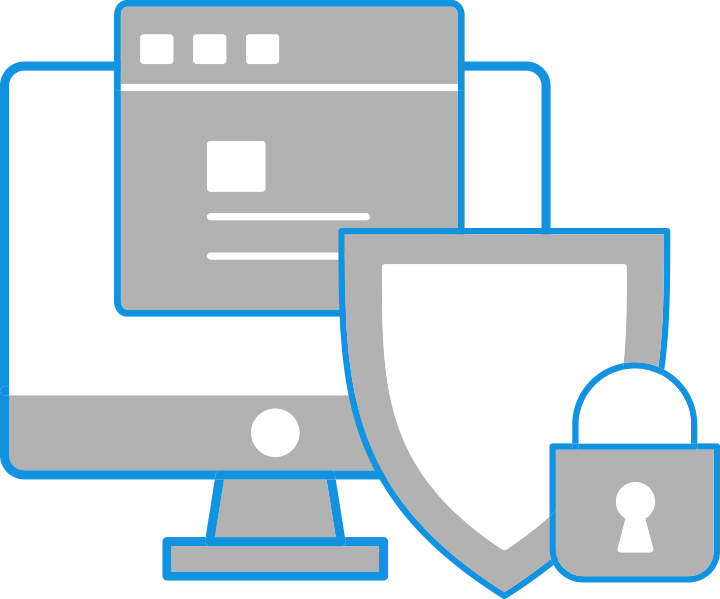DataVantage DME® Data Masking Express™
DataVantage DME® Data Masking Express™ is a cost-effective, easy-to-use software solution for mainframe environments. It runs alongside your current software to mask and manage data.
Protect z/OS Data with DataVantage DME®
DataVantage DME® protects sensitive z/OS data, such as Personally Identifiable Information (PII) and credit card information, during testing, DevOps, and other processes. It offers cost-friendly data masking for Db2, IMS, and VSAM—all with a single tool.

Ensure Safe and Compliant Data
Achieve seamless data masking for secure and compliant mainframe operations. DataVantage DME protects sensitive information while ensuring compliance with GDPR, PCI DSS, and more. Running effortlessly alongside your existing software, it secures data without workflow disruptions, protecting against costly breaches.

Protect Sensitive Data
Mask sensitive data during the copy process—your data is then protected for DevOps, quality assurance, and other non-production uses.
Short and Simple
Install the solution in hours as an application program, and start masking and managing data immediately for a quick return on investment.
Cost-Effective Subscription Model
Make good on the mantra “Do more with less.” DataVantage DME lets you benefit from flat-rate pricing without hidden fees.
Boost Security Across Use Cases
Safeguard production data and mitigate the risk of a data breach—all with one powerful tool for Db2, IMS, and VSAM environments.
Compliance Made Simple
Meet PII, PHI, PCI DSS, GDPR, and other privacy requirements without barriers to reduce the risks of non-compliance penalties.
Runs Alongside Your Current Software
Avoid disruptions. DataVantage DME works seamlessly with your existing mainframe data management tools.
“Our company was facing escalating costs due to the use of expensive software that, while effective, was stretching our budget thin. DataVantage worked closely with us to understand our needs, evaluate our current setup, and implement a more cost-effective solution without compromising on quality or functionality.”
Mask Sensitive Data, Empower Safe Operations
Protect sensitive information with flexible data masking software designed to ensure privacy without sacrificing performance. DataVantage DME meets your data protection and management needs, ensuring secure, compliant operations while keeping your business running smoothly.
Mask Data Without Compromising Accuracy
Preserve data usability by masking sensitive fields like credit card numbers, dates, and more, while ensuring data remains valid for testing, training, and other uses.
Customizable Masking Rules
Leverage built-in methods or create your own rules to mask data exactly how you need it, whether for unique data sets or complex compliance scenarios.
Secure Data from Extraction to Usage
Subset, extract, and mask data in a single step during the copy process, ensuring sensitive information is never exposed or left unprotected to guard against breaches.
Experience Leading Customer Service
DataVantage offers superior customer service with personalized support designed to meet your specific needs. From quick response times to expert guidance, our dedicated team ensures fast problem resolution and continuous success with data masking and management solutions.
Call now to speak directly with a representative: +1-631-778-8778.